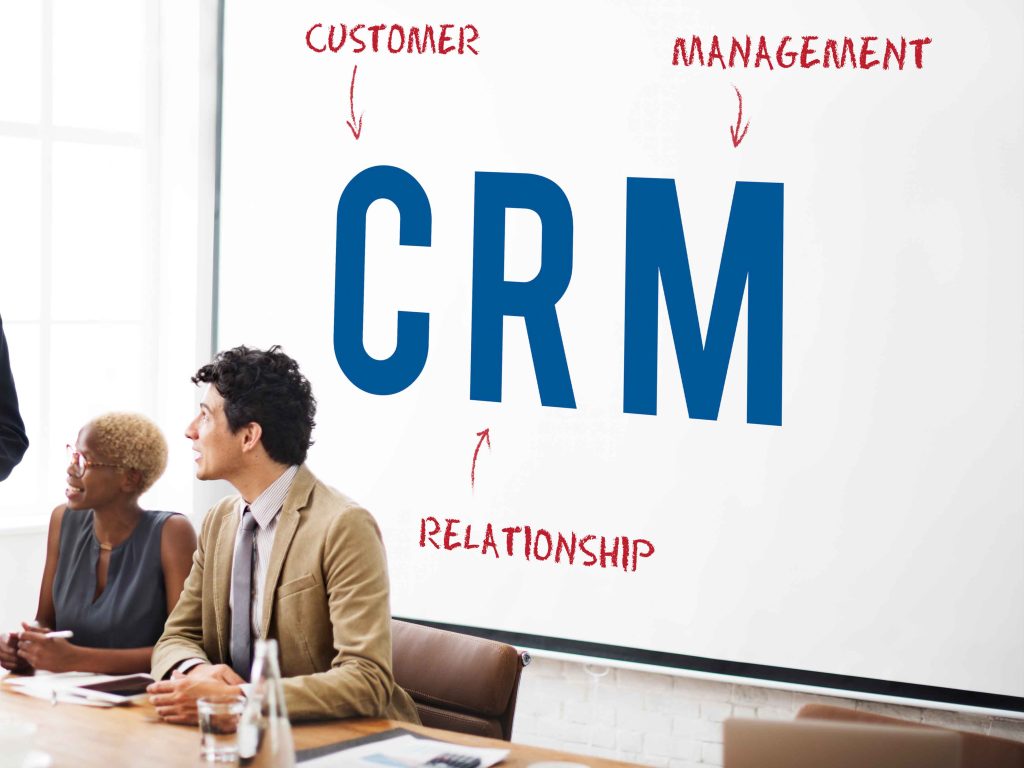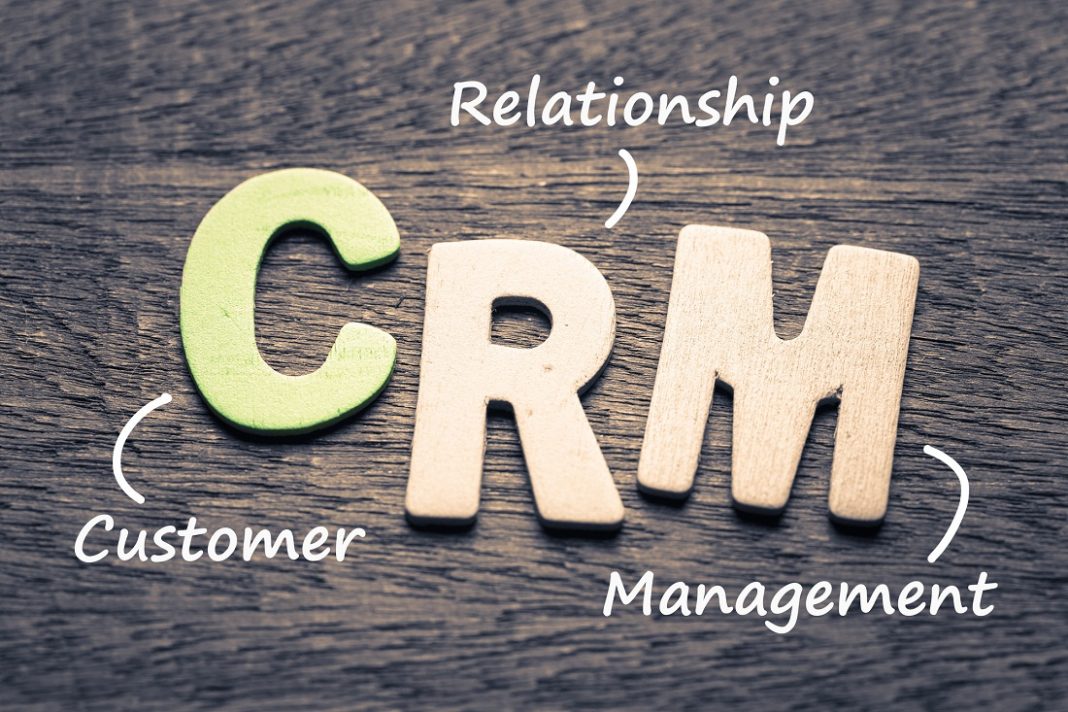Client Relationship Management (CRM) is an invaluable tool for real estate agents looking to succeed in the competitive market. CRM affords agents the ability to run a:
- holistic business model
- centralizing management and knowledge related to clients
- sales processes
- marketing analytics.
CRM tools provide a variety of features, such as:
- task automation
- offering insight into customer interests or purchase behavior
- tracking leads at all stages of the funnel.
Using a CRM system gives agents an informative platform to optimize efficiency and effectively manage relationships with past, current, and prospective customers. Real estate agents can make informed decisions toward achieving long-term goals with strong analytical insights available – such as tracking ROI on specific campaigns. As CRMs become increasingly effective and sophisticated, they are an essential tool for successful real estate practitioners.
Benefits of utilizing a CRM System
Investing in the best CRM for real estate agents is essential to achieving greater success in this competitive market. An effective CRM system helps real estate agents manage their leads and automate complex processes, freeing up valuable time so agents can focus on what matters most – closing deals and building meaningful relationships.
A CRM system also allows agents to track communication with contacts, create customized reports for clients, and identify key marketing strategies that best suit their needs.
Ultimately, investing in a CRM is like having an extra team member who knows how best to use data to increase customer satisfaction and boost revenue.
Personalizing Your CRM Experience
With the best CRM software, a real estate agent can give customers a personal experience that would otherwise be impossible. A comprehensive CRM system allows agents to:
- track and manage leads
- nurture relationships
- convert more prospects.
Customizing the platform to fit their business needs best enables agents to get a better return on investment for their marketing efforts.
The best CRM for real estate agents has features such as:
- drip campaigns
- customized dashboards
- custom lead forms
- detailed analytics that help agents provide the best service possible.
With these personalized tools, agents can cultivate deeper relationships with their clients, resulting in increased customer loyalty and higher levels of customer satisfaction.
Getting Started with Your New CRM
Getting started with a new CRM for real estate agents can seem overwhelming, but by following these steps, you can simplify the process:
- Determine Your Needs: Before selecting a CRM, determine your needed features. Features to consider include contact management, lead management, pipeline management, and marketing automation. Be sure to identify the pain points you are experiencing with your current system and what you need to streamline your workflow.
- Research Available CRMs: Once you have identified your needs, research the available CRMs on the market. Look at the features and pricing, and read reviews from real estate agents who have used the systems. Narrow your options to a shortlist of two or three CRMs that meet your needs.
- Take Advantage of Free Trials: Most CRMs offer free trials. Take advantage of these trials to test the systems and see how they work. During the trial, try all the features you identified as critical to your workflow.
- Import Your Data: Once you have selected a CRM, you will need to import your data. This may include your contact list, lead data, and other relevant information to your business. You will need to ensure that the data is accurate and up to date.
- Train Your Team: Make sure your team understands how to use the new CRM. Provide training and support to ensure everyone is comfortable using the system.
- Customize the System: Customize the system to fit your needs. You may need to create custom fields or workflows to match your existing processes.
- Start Using the System: Once you have completed these steps, you are ready to use the system. Monitor the system’s performance and adjust as necessary to ensure it meets your needs.
By following these steps, you can get started with a new CRM for real estate agents and streamline your workflow to be more efficient and effective.

Evaluating and Improving Performance with Your CRM
A best-in-class CRM for real estate agents can significantly benefit the implementation of best performance practices within a business. Having access to data such as customer interactions, lead management activity, and marketing results provide key insights into where best performance improvement tactics can be implemented.
Moreover, having a customized CRM tailored to the needs of real estate agents also helps automate certain processes, allowing employees to focus on more strategic initiatives. Optimizing a business’s CRM hand-in-hand with best practice methods in sales and marketing will allow companies to become much more efficient and perform better in their respective fields.
CRM for real estate by Xeven Solutions (Pvt) Ltd.
To get best-in-class customer relationship management specifically designed for real estate agents check Xeven Solutions (Pvt) Ltd. Their high-end CRM platform helps to streamline daily tasks, enhance client relationships and increase agent efficiency. They provide tailored packages that offer the best value for money, offering the most exhaustive features in the industry and giving access to the best CRM out there.

